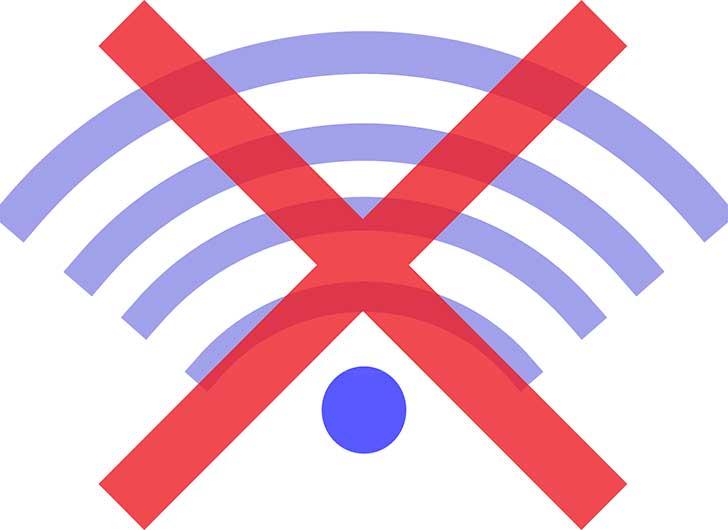Digital detox is a topic of great relevance today. This practice involves disconnecting from electronic devices such as mobile phones, computers, and tablets for a set period to reduce technological dependence and improve physical and mental well-being.
Summer, with its relaxed atmosphere and opportunities for outdoor activities, is an ideal time to undertake a digital detox and enjoy its numerous benefits. In this Befree blog, we will explore the importance of this technological detox, the statistics reflecting its growing popularity, and the steps to implement it effectively.
The Global Adoption of Digital Detox
Various studies and surveys have shown an increase in the number of people taking regular breaks from their electronic devices.
A recent study conducted by SPC revealed that more than half of young Spaniards have considered a digital detox to improve their well-being. This study highlights that digital disconnection can help reduce stress, improve sleep quality, and foster more authentic relationships.
Karen Hutchinson, a specialist in Clinical and Health Psychology, also points out that digital detox can enhance interpersonal connections and reduce stress. Additionally, it has been observed that it can increase attention levels and reduce technological fatigue. These studies and experts agree that taking a break from technology can have a positive impact on mental and physical health.
Digital Detox in Spain
In Spain, digital detox is also on the rise. According to a recent study by the Spanish technology company SPC, 56.5% of Spaniards have considered a digital detox to improve their quality of life and mental health. Additionally, 75.5% of Spaniards have seriously considered using their mobile phones less, and 14.3% have managed to maintain this habit permanently. These figures demonstrate a significant change in how Spaniards are managing their relationship with technology.
Benefits of Digital Detox
The benefits of digital detox are numerous and well-documented. These include:
- Stress Reduction: Disconnecting from social media and email reduces information overload and associated stress.
- Better Sleep Quality: Avoiding device use before bedtime can significantly improve sleep quality.
- Increased Productivity: Reducing digital distractions makes it easier to focus on important tasks.
- Improved Personal Relationships: Spending less time on devices allows for more in-person interactions with friends and family.
- Increased Empathy: Being more present in the moment can develop greater empathy and understanding toward others.
Tips for an Effective Digital Detox
Implementing an effective digital detox requires certain steps and strategies:
- Set Schedules: Define specific times of the day to check your devices.
- Disable Notifications: Reduce interruptions by turning off push notifications.
- Create Tech-Free Zones: Designate areas in your home where electronic devices are not allowed.
- Engage in Alternative Activities: Spend time on hobbies, exercise, or reading to replace the time spent online.
How to Implement a Digital Detox
To implement a digital detox effectively, follow these steps:
- Set Clear Goals: Define why you want to do a digital detox.
- Plan Your Detox: Decide the duration of your digital detox.
- Inform Others: Communicate to your friends, family, and colleagues that you will be disconnected for a while.
- Create Tech-Free Zones: Designate areas in your home where electronic devices are not allowed.
A digital detox is a practice that can significantly impact our mental and physical health. By reducing our dependence on technology, we can improve our quality of life, increase our productivity, and strengthen our personal relationships. With studies supporting these benefits, implementing a digital detox, especially during the summer, can be an excellent way to enhance our overall well-being.






